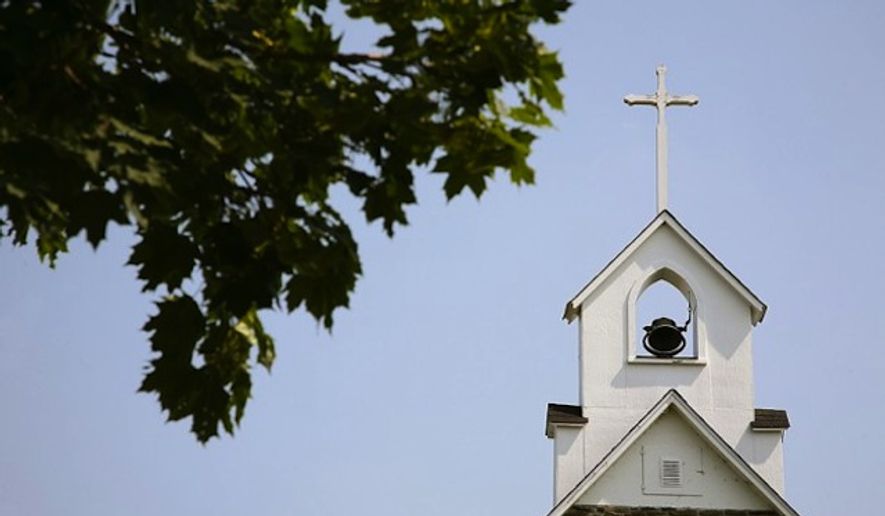The religious right is poised to have less impact on presidential politics than ever before, according to research from a veteran evangelical pollster.
George Barna reported this week that a recent survey found just 10% of U.S. adults are evangelical Christians in a traditional sense, the equivalent of 25 to 30 million people, and only one-third of them are “very likely” to vote in November’s election.
He said the findings confirm that evangelicals are no longer a monolithic or engaged voting bloc, despite commonly reported estimates that 25% to 40% of Americans fall into the category.
“When consuming media reports about evangelicals, it is wise to be cautious about who the media have defined as members of that segment,” said Mr. Barna, head of the Cultural Research Center at Arizona Christian University.
An evangelical pastor, Mr. Barna has tracked national religious trends for decades. He led the Barna Group market research firm from 1984 to 2009.
He chalked up his latest findings to a growing “lack of unity” among self-identified evangelicals since the 1970s and 1980s.
During those decades, Christian movements such as the Moral Majority formed a formidable voting bloc in Republican politics. Political scientists credited these voters for helping propel Ronald Reagan to two terms in the White House.
The polling released this week revealed a more complex picture, including the finding that evangelicals are no more likely than other adults to follow political news in 2024.
A summary of the findings said only half were “consistently conservative in their socio-political views” and one in five preferred socialism to capitalism.
Among adults attending evangelical Christian churches in various denominations, 44% believed there is no “absolute moral truth.” Another two-thirds did not embrace a conservative evangelical lifestyle or traditional beliefs about the Bible.
Overall, the survey found that evangelicals were also more likely than others to be White, older and married to their first spouse. Their median age was 54.
According to the poll summary, a declining influence of religion on U.S. culture has pushed even more evangelicals away from politics since the COVID-19 pandemic.
“Corrupt politicians, dishonest journalists and media outlets, broken social institutions, immoral religious leaders, unconstitutional government programs and policies, and more, have generated non-stop headlines highlighting the decadence of American society and the demise of the United States,” the summary noted.
• Sean Salai can be reached at ssalai@washingtontimes.com.




Please read our comment policy before commenting.